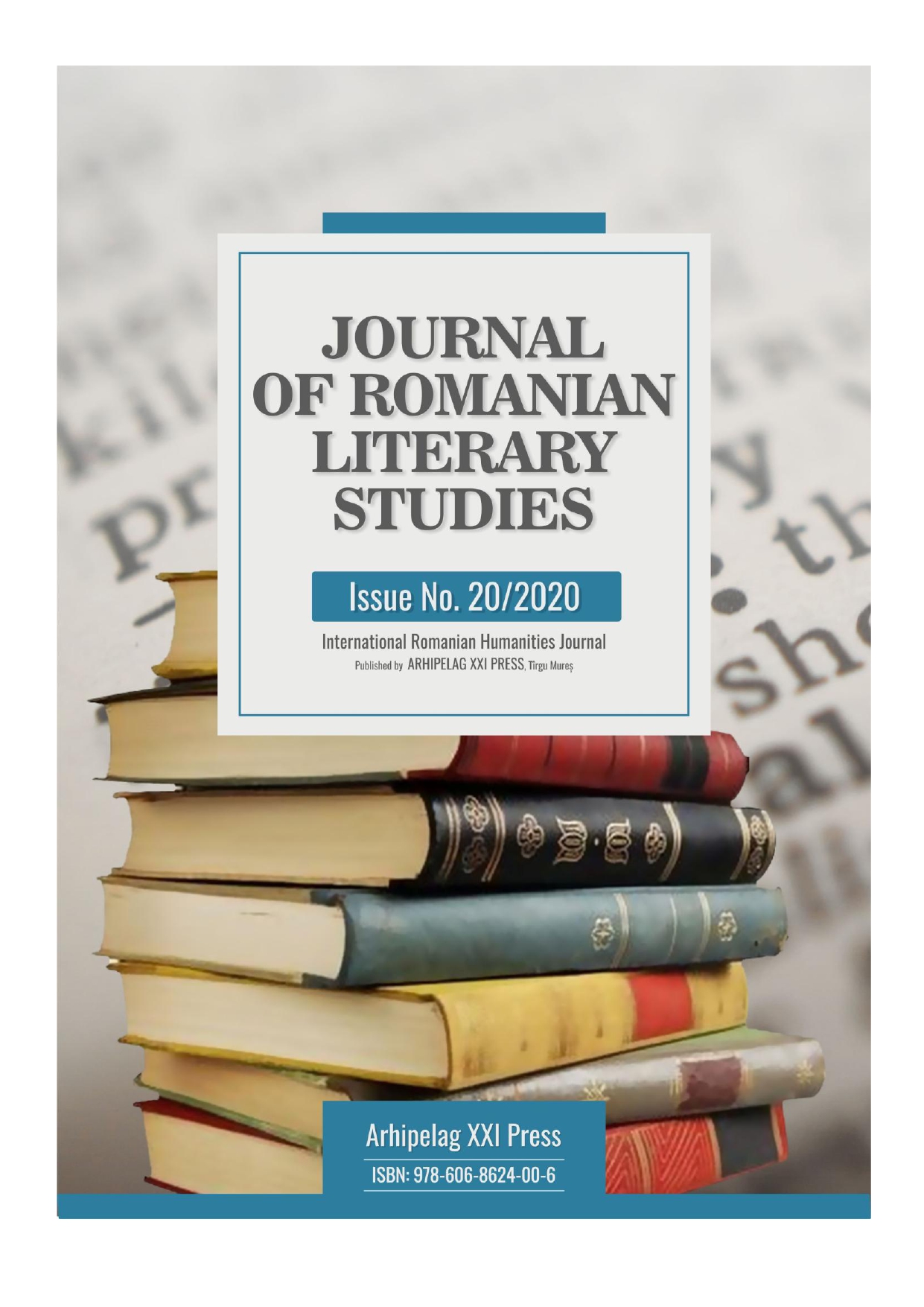ETHICAL-MORAL EDUCATION AND PSYCHOSOCIAL INTEGRATION OF THE YOUTH THROUGH DISCOURSE IN THE ROMANIAN COMMUNIST REGIME
ETHICAL-MORAL EDUCATION AND PSYCHOSOCIAL INTEGRATION OF THE YOUTH THROUGH DISCOURSE IN THE ROMANIAN COMMUNIST REGIME
Author(s): Livia FEIDAROS (SEICIUC)Subject(s): School education, History of Education, History of Communism, Sociology of Education, Pedagogy
Published by: Editura Arhipelag XXI
Keywords: education; discourse; ethical-moral level; psychosocial acquisitions; communist regime;
Summary/Abstract: Our paper intends to analyze the ways the mass education system in the communist regime implemented a series of strategies to integrate the ethical-moral level of students. From a psychological perspective, moral and psychosocial acquisitions are gradually structured over the stages of mental development. From the acquisition of the elementary sets of rules in the family, and then in the classroom, to the formation of a higher moral conscience in the stage of moral autonomy in adulthood, children undergo through diachronic stages of training and restructuring his consciousness in the educational process. At the basis of all educational or personal training is the discourse, which creates a perpetual dynamics of the structure of the conceptual sphere, and produces a divergent and analogous aspect to cognition. Based on the cognitive paradigm, detections and discrimination also take place in the case of the approach of the moral level. We will therefore analyze whether this triadic language-cognition integration system also maintains its operational-functional aspects within the communist educational strategies. For this study we have selected a corpus composed of fragments of the Statute of the Pioneer Organization of the Socialist Republic of Romania.
Journal: Journal of Romanian Literary Studies
- Issue Year: 2020
- Issue No: 20
- Page Range: 1401-1404
- Page Count: 4
- Language: Romanian

